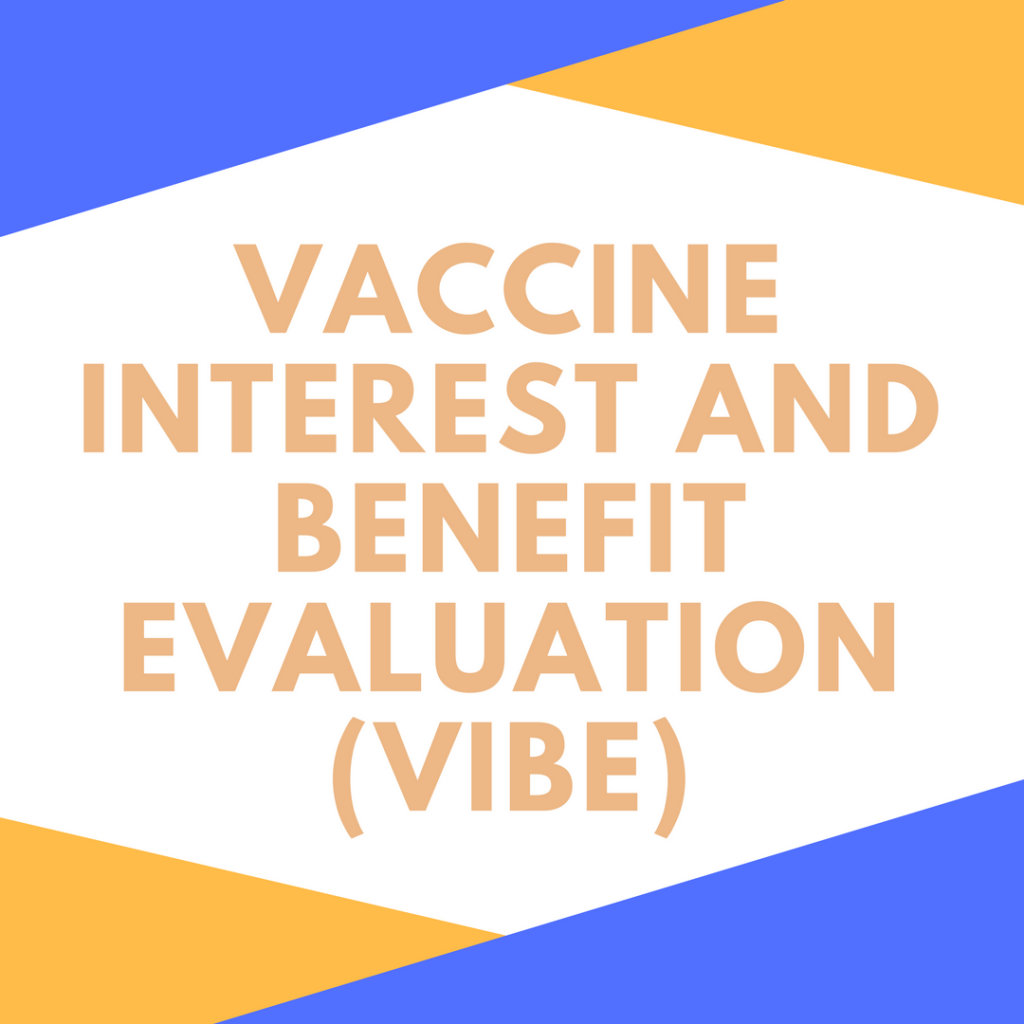
This study examines consumers’ demand for HIV vaccines (e.g., would people be willing to be vaccinated?), motivators and barriers to potential trial participation or post-trial adoption, and potential behavioral responses to vaccination, such as increases in risk behavior. We focus on both HIV Vaccine trial participation and hypothetical post-trial HIV vaccines under the “what if” assumption that those vaccines have already been developed and tested favorably, and are ready for dissemination. (No drugs or vaccines are involved in this study; this is not a vaccine trial.) The current phase of the study involves focus groups among communities at risk for HIV in Los Angeles County. Seventeen focus groups have been completed with potential consumers recruited from Sexually Transmitted Disease (STD) clinics, Needle Exchange Programs (NEPs), community based health clinics, and gay and lesbian community centers and include groups of Men who have Sex with Men (MSM), Injection Drug Users (IDUs), African American women, and monolingual Spanish speaking MSM, women, and heterosexually self-identified men. In addition, twelve key informant interviews and one key informant focus group have been conducted with service providers ssociated with these potential consumer groups. The second phase of the study will involve piloting a survey instrument with a sample of a larger number of potential consumers (n=200) recruited and interviewed at the same sites.
Sample Focus Group Questions:
If an HIV vaccine were available, what are some concerns your friends might have about being vaccinated (e.g., side effects; testing HIV positive even though they are not HIV infected; it might not prevent HIV infection; that they might be infected with HIV by the vaccine)?
Would your friends accept an HIV vaccine if it were approved by the US government (Federal Drug Administration – FDA), was 50% effective against HIV infection, and had no side effects? What if it gave you flu-like symptoms for a week?
Discussion Questions:
1. How might the availability of an HIV Vaccine influence risk behaviors and prevention messages?
Current Aspects of HIV Vaccines in Development
Effectiveness: may only be effective in some persons, against some viral strains, or less than 100% effective in preventing infection.
2. Will high-risk or HIV positive persons increase risk behaviors if a vaccine becomes available or if a large-scale “Phase 3” vaccine efficacy trial is implemented in the area?
3. What kind of prevention messages and activities should accompany HIV vaccine trial participation and post-trial HIV vaccine dissemination?
